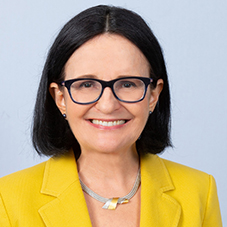"You can do almost everything at Gurgl Carat. Our task is to promote science,” explains Günter Scheide from the Science-Business-Society transfer office at the University of Innsbruck, which is an important partner in the operating company of the conference center. The aim of such a transfer office is to bring research topics into society and to make their effects on daily life visible.
A great example of this is the exhibition "Ice - a transitory good", which took place at Gurgl Carat in August. "We want to underline how wonderful ice can be, but also how passing. Our research makes it clear that ice is a very sensitive habitat in the Alps for which we are all responsible," says Birgit Sattler. The ecologist from the University of Innsbruck presented together with Klemens Weisleitner, polar microecologist from the University of Innsbruck, photographs and other exhibits that were taken on polar and Alpine expeditions.














